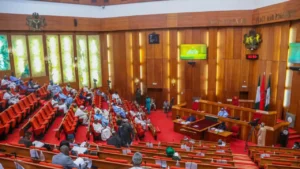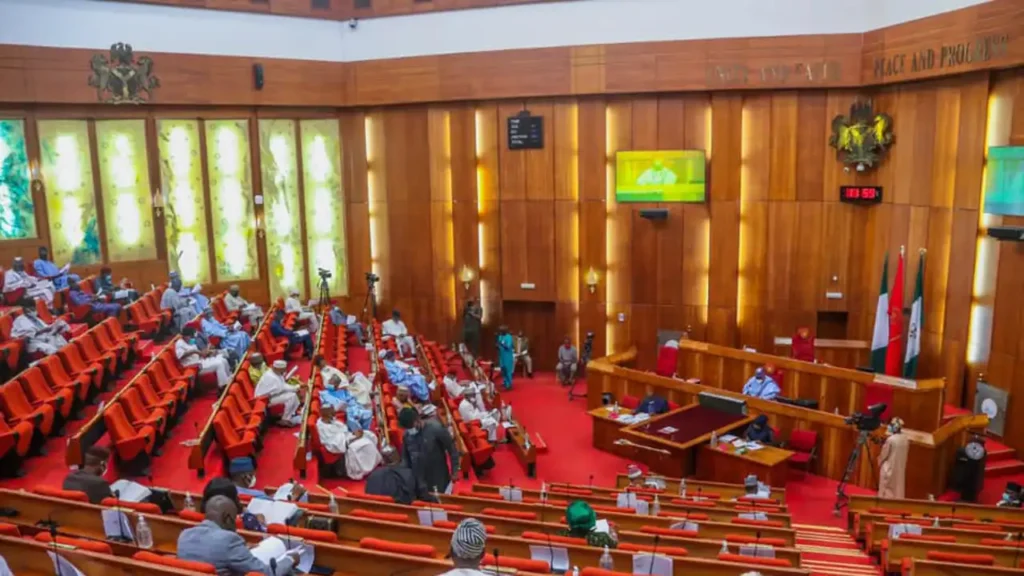The Federal Government has proposed a staggering ₦134 billion allocation to the National Assembly in the 2022 budget—marking the highest ever earmarked for the legislative arm of government.
This figure was included in the ₦16.39 trillion budget presented by President Muhammadu Buhari to the National Assembly last Thursday. While initial details of the Appropriation Bill were not immediately disclosed, a subsequent release by the Ministry of Finance offered a breakdown of allocations across Ministries, Departments, and Agencies (MDAs), revealing the hefty sum reserved for the legislature.
Legislative Budget Continues Upward Trend
The National Assembly’s budget has been on a consistent rise over the years. In 2021, President Buhari increased the allocation from ₦125 billion to ₦128 billion. Lawmakers then added an extra ₦6 billion during deliberations, raising the total to ₦134 billion—the same figure now proposed for 2022.
However, given past trends, observers fear the amount may be further increased during legislative review. This has sparked public concern over the unchecked upward trajectory of the National Assembly’s spending, especially in a time of national economic strain.

Transparency Concerns Linger as Breakdown Is Withheld
One of the most contentious issues surrounding the allocation is the absence of a public breakdown of the ₦134 billion. Despite repeated demands from civil society groups, activists, and concerned citizens, details of how the funds will be spent remain undisclosed.
The persistent lack of transparency has fueled criticism of both past and present National Assemblies, with many accusing them of operating in secrecy and lacking accountability. Critics argue that the rising legislative budgets do not translate into proportional output or reform.
Calls for Open Governance and Cost Reduction Intensify
Civic groups and economic analysts have highlighted the need to reduce the cost of governance—especially as Nigeria grapples with revenue shortfalls and mounting debt. Many Nigerians believe that trimming the legislative budget is a necessary step toward fiscal responsibility.
Public outcry over legislative secrecy led to rare disclosures in previous years. The 8th National Assembly, under Senate President Bukola Saraki, published its budget details in 2017 following the #OpenNASS campaign that gained traction on social media. Similarly, the current assembly disclosed its budget breakdown in 2021 in what Senator Barau Jibril described as a move toward transparency.
Nevertheless, with the 2022 budget’s legislative allocation again shrouded in opacity, many are questioning whether that momentum toward openness has stalled.
Of the N134 billion budgeted for 2021, the House of Representatives got the biggest share of about N52 billion while the Senate will get N33.2 billion.
A total of N9.6 billion was budgeted for legislative aides, N15.9 billion for National Assembly Management while N5.7 billion was given to the National Assembly Service Commission.
The sum of N275.2 million was budgeted for the Office of retired clerks and permanent secretaries while N389.3 million was appropriated for service-wide vote of the legislature. And another N9.1 billion was appropriated for “general service.”
Senate spokesperson, Ajibola Basiru, could not give any reason when asked by journalists on Tuesday why details of the National Assembly’s 2022 budget were not made public.
He merely said such inquiries should be directed to the clerk of the National Assembly.






